How Often Should You Exfoliate Your Skin?
Scrub smart, not hard. Find the ideal frequency to unveil your skin's natural radiance!
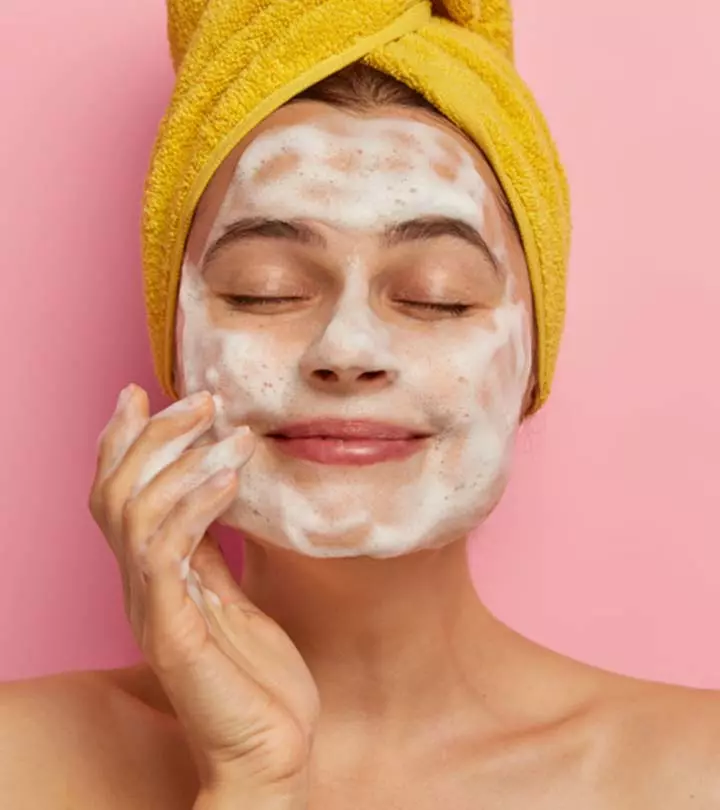
Image: Shutterstock
Exfoliation is a crucial part of the skin care routine. It helps remove the dead skin cells and improves your skin texture. But, how often should you exfoliate your skin? Learning the frequency is important to avoid over-exfoliation. Exfoliating the skin at regular intervals clears the dirt, debris, and traces of pollution. It promotes skin rejuvenation and improves blood circulation. Keep reading this article to learn how often to scrub or exfoliate your face. Scroll down.
In This Article
What Are The Benefits Of Exfoliating Your Skin?
Exfoliating your skin offers the following advantages:
- Removes dead skin cells and unclogs the pores.
- Makes the skin soft, smooth, and supple.
- Brightens the skin and imparts an even-toned look.
- Helps improve blood circulation.
- Enhances cell turnover.
- Promotes collagen synthesis.
- Enables better absorption of skin care products.
Exfoliation is carried out by agents called exfoliators. They can be classified into two types physical and chemical, based on the mechanism they perform exfoliation. Let’s explore each of them in detail.
Key Takeaways
- Exfoliation helps slough off the layer of dirt and dead skin cell deposits, providing you smooth, soft skin.
- While physical exfoliation involves scrubbing, chemical exfoliation involves dissolving the bonds between dead skin cells in the outermost layer of deposits.
- It is important to exfoliate your skin regularly; however, be careful not to overdo it, which may otherwise cause more harm than good.
- Toning and moisturizing your skin after each exfoliating session helps keep it smooth and rash-free.
Types Of Exfoliators
- Physical Exfoliators
As the name suggests, physical exfoliators help remove dead skin by physical means. Brushes, sponges, pumice stones, and scrubs are a few examples of physical exfoliators. You can prepare homemade scrubs with natural ingredients, such as oats, sea salt, sugar, rice powder, and coffee.
- Chemical Exfoliators
Chemical agents or chemical peels that exfoliate the skin by dissolving dead skin cells rather than removing them mechanically are called chemical exfoliators. These chemical exfoliators include alpha and beta hydroxy acids (glycolic, lactic, malic, and salicylic acids).
You need to choose the right exfoliator based on your skin type. There is no ’one size fits all!’
Which Exfoliation Method Is Best For Your Skin Type?
- Normal Skin
You can use papaya and honey to prepare a natural homemade exfoliator. This DIY scrub can help remove dead cells, unclog pores, and improve blood circulation.
The papain enzyme in raw papaya makes it a great exfoliator (1). It helps eliminate damaged skin cells and reduces freckles and brown spots, making your skin healthy-looking. Honey exhibits antimicrobial and antioxidant properties that help soothe the skin, prevent wrinkles and may help to treat various skin conditions, such as eczema, psoriasis, and contact dermatitis (2), (3).
- Oily Skin
The best exfoliator for those with oily skin types is salicylic acid. This chemical exfoliator targets the inner pore lining to unclog it from its root. Regular usage of this exfoliating agent also helps get rid of blemishes and lighten spots.
- Dry Skin
Skin dryness is primarily due to the accumulation of dead skin cells. That’s why regular exfoliation is required to help keep it healthy. However, it is essential to moisturize dry skin after exfoliation. Some common exfoliators for dry skin include sugar scrub and commercial scrubs that are gentle and contain plastic microbeads, apricots, yogurt, or coffee grounds.
 Quick Tip
Quick Tip- Sensitive Skin
If your skin tends to get irritated at the drop of a hat, go easy on it. Opt for chemical exfoliants with ingredients like glycolic acid or lactic acid that are gentler than physical scrubs, which can be too abrasive. Nevertheless, start with a patch test to make sure your sensitive skin agrees with any product you want to introduce into your routine, and use it sparingly—maybe once or twice a week. Less is more when it comes to exfoliating sensitive skin.
- Combination Skin
Combination skin can be a bit of a puzzle, with oily zones playing tag with dry patches. Consider using a combination of both physical and chemical exfoliants: For the oilier areas, a salicylic acid-based product can help keep things in check. Meanwhile, for the drier parts, a mild physical exfoliant can buff away dead skin without being too aggressive.
Ngumabi, a lifestyle blogger, talked about her exfoliation routine and how she used scrub, sea salt, and gloves. She wrote, “When I want to deeply exfoliate especially when I haven’t exfoliated in a long time, I use the gloves then the body scrub or all three (i).” She added, “Sometimes on the day before I exfoliate, I make sure I moisturize my skin properly just to make sure that the dead skin cells soften. This makes it easy for the dead skin cells to come off.”
There are many benefits of exfoliating your skin. However, it is important not to go overboard as it can accentuate dead skin formation. Here is how many times you need to exfoliate, depending on your skin type.
How Often Should You Exfoliate Your Skin?
- Normal Skin
Normal skin is the easiest and simplest to exfoliate. You can opt for both mechanical and chemical exfoliation methods. For normal skin type, exfoliate once or twice a week to get a healthy, fresh look.
 Quick Tip
Quick Tip- Oily Skin
Oily skin requires exfoliation more frequently than any other skin type. This is because the dead skin cells form a thick layer with the oil and sebum. People with oily skin type must exfoliate at least 2-3 times a week for smooth skin.
You might be tempted to use strong chemical exfoliators for better results. However, make sure to have enough gap between two exfoliation sessions based on the strength of your agent.
- Dry Skin
Dry skin is a tad bit more sensitive than oily skin, and exfoliating it not more than once or twice a week is a good practice.
Is exfoliating enough to keep your skin healthy and radiant? Not really! Exfoliation only helps clean the surface of your skin. The skin surface needs some nourishment and protection as well. Check out the next section to explore the things you must follow after the process.
What To Do After Exfoliating
A basic skin care routine that everyone must follow includes four steps: cleansing, exfoliating, toning, and moisturizing. Thus, you need to tone and moisturize after exfoliating your skin.
- Toning
Toning helps restore the essential nutrients of your skin and shrink the open pores. It helps soothe the skin and maintain the skin’s pH level after exfoliation. This step also reduces skin inflammation and dry, red patches.
Note: Avoid toners that contain alcohol, artificial fragrance and color, and harsh ingredients as they might aggravate your skin sensitivity.
- Moisturizing
You must moisturize your face after washing and cleansing it every time. The best time to apply a moisturizer is when your skin is slightly damp this enables better absorption of the product. Moisturizing helps keep your skin healthy, supple, and hydrated, preventing dullness. You can opt for moisturizers with SPF to protect your skin from sunburns and photoaging.
The ingredients for exfoliation must be gentle so that they do not harm the skin barrier.
What Ingredients To Look For In An Exfoliating Product
Physical exfoliators, such as scrubs, can include sugar crystals, jojoba seeds, oats, and coffee grounds. It is recommended to use chemical exfoliators that contain alpha-hydroxy acids like glycolic, lactic, and malic acids and beta-hydroxy acids like salicylic acid. The concentration of alpha-hydroxy acids must not be greater than 10-15% and 2% in the case of beta-hydroxy acids.
If you have a sensitive skin type, exfoliators with mandelic acid are great for you.
Now that you know when to exfoliate, many people might wonder when it is not suitable to exfoliate. Well, here is when you should keep the scrubs and peels away from your skin.
When Should You Not Exfoliate?
Avoid exfoliating if:
- Your skin is red, irritated, and inflamed.
- You have an allergic reaction on your skin.
- You have boils or pustules.
- You have wounds, scars, and skin burns.
- You are experiencing an eczema flare-up.
Exfoliation is an important part of your skincare routine since it removes excess dead skin, boosts collagen production, facilitates better absorption of your products, and improves overall skin health. Whether you opt for physical or chemical exfoliation, it is important to choose exfoliators that are suitable for your skin type. If you are wondering about how often you should exfoliate your skin, doing it more than thrice a week can result in dry, itchy, and sensitive skin. Stop exfoliation immediately if you experience inflamed, red, or irritated skin.
Frequently Asked Questions
Is it better to exfoliate wet or dry skin?
Exfoliating when the skin is dry may lead to uncomfortable friction and irritation. Therefore, you may exfoliate wet or damp skin for an effective and safer experience.
Can exfoliating cause pimples?
No. Exfoliating may limit the appearance of pimples if done the right way. If it is causing skin rashes and pimples, it might be due to excessive exfoliation. Consult a doctor immediately.
Can I use an old toothbrush to exfoliate my face?
Absolutely not. Toothbrushes are not meant for the face. They have tough bristles, which may further irritate the skin. You may use face cleansing brushes for exfoliation.
Watch the following video to uncover the truth about face exfoliation and learn how frequently is too often. The video also talks about the dos and don’ts of exfoliating for healthy skin.
Personal Experience: Source
(i) HOW TO EXFOLIATE YOUR SKIN AT HOME
https://mylocaladventuresblog.blogspot.com/2019/05/how-i-remove-dead-cells-from-my-skin.html
References
Articles on StyleCraze are backed by verified information from peer-reviewed and academic research papers, reputed organizations, research institutions, and medical associations to ensure accuracy and relevance. Read our editorial policy to learn more.
- Potentiality of Papain as an Antiaging Agent in cosmetic formulation
https://www.phcogrev.com/sites/default/files/PhcogRev-2-4-266.pdf - Honey in dermatology and skin care: a review
https://pubmed.ncbi.nlm.nih.gov/24305429/ - Honey: A Therapeutic Agent for Disorders of the Skin
https://www.ncbi.nlm.nih.gov/pmc/articles/PMC5661189/
Read full bio of Dr. M. Khawar Nazir
Read full bio of Arshiya Syeda
Read full bio of Ramona Sinha
Read full bio of Swathi E







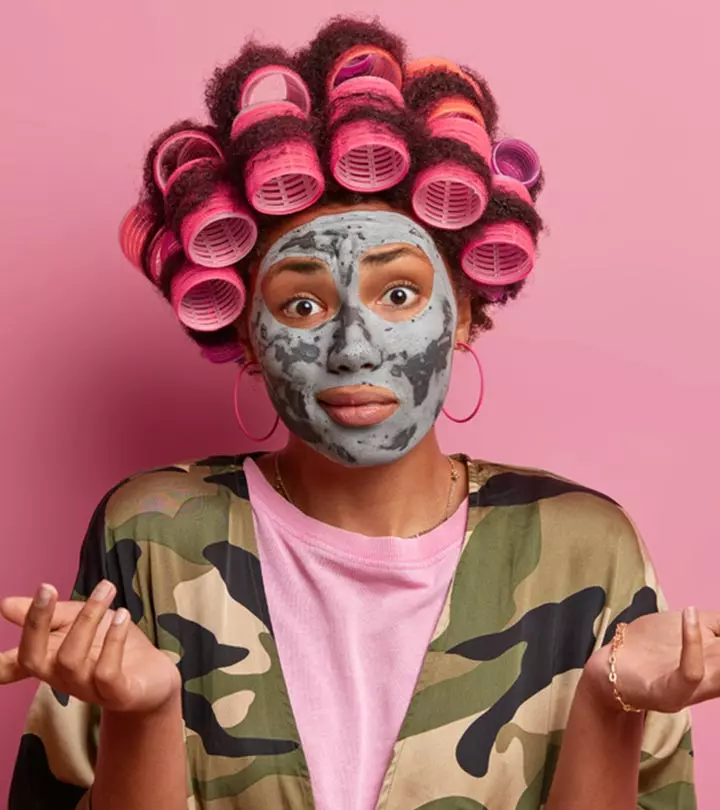
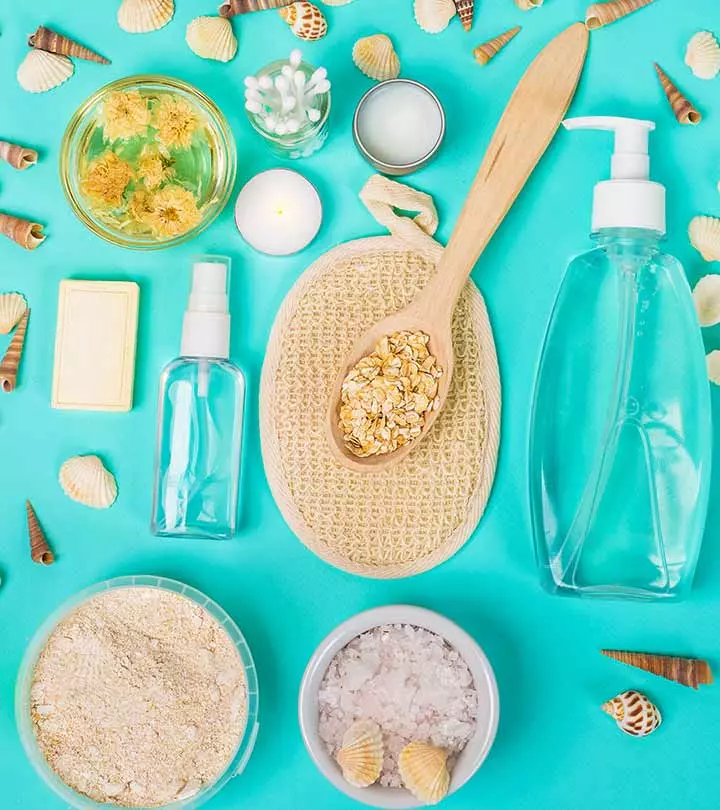
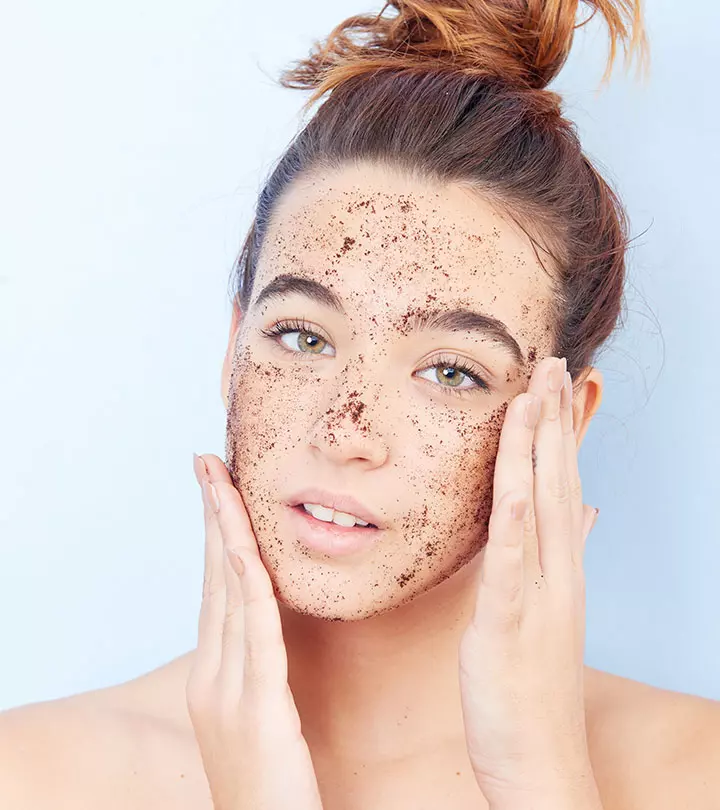
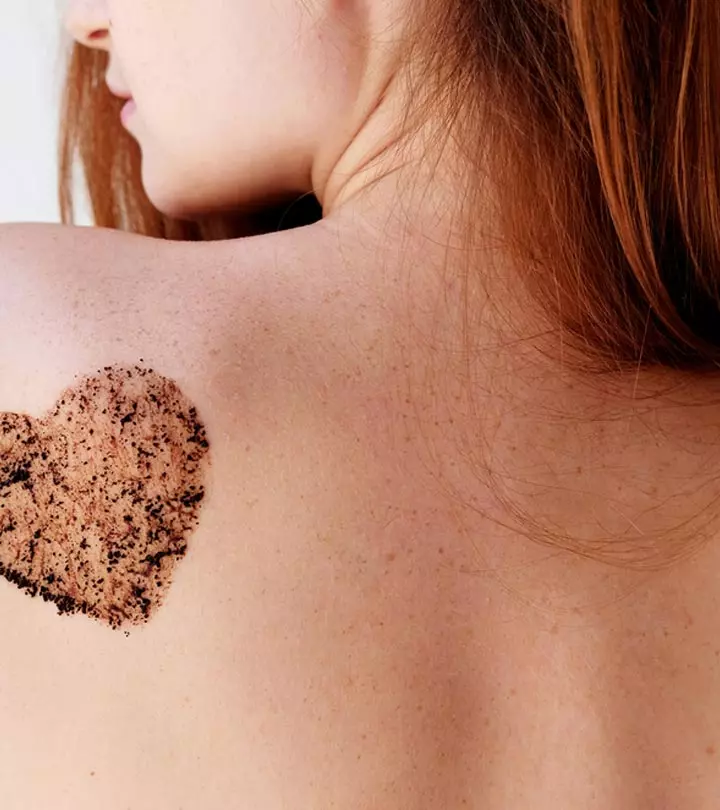
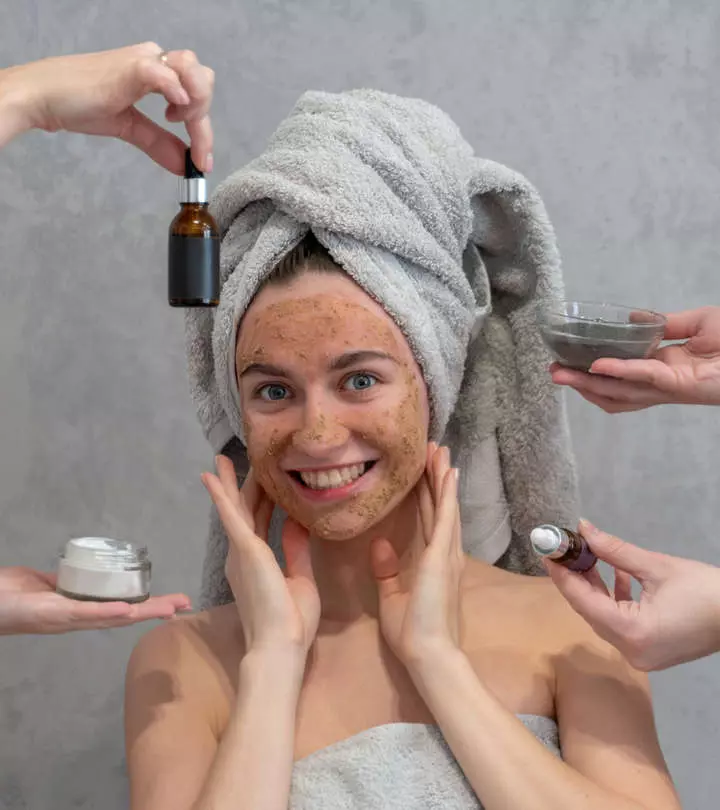
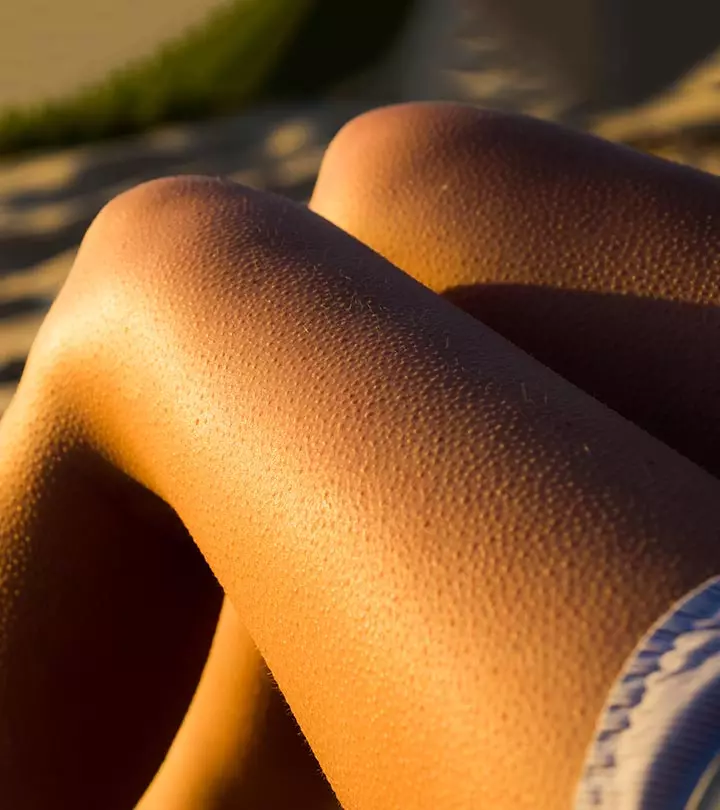


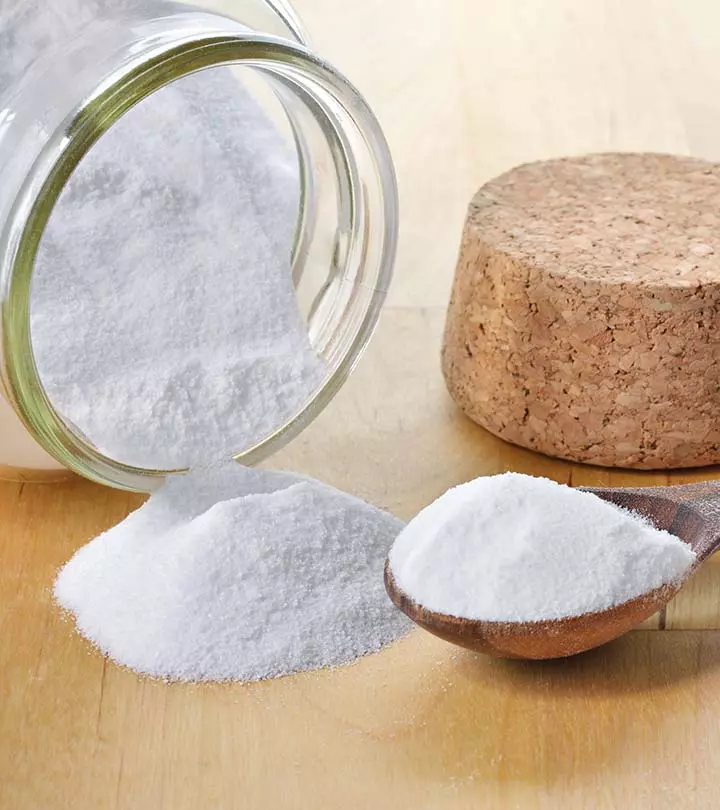
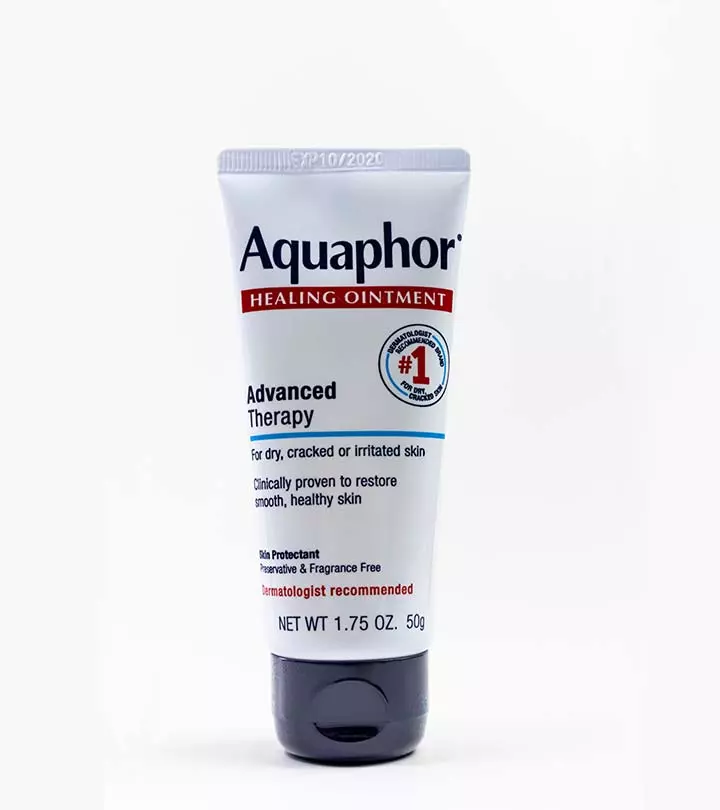
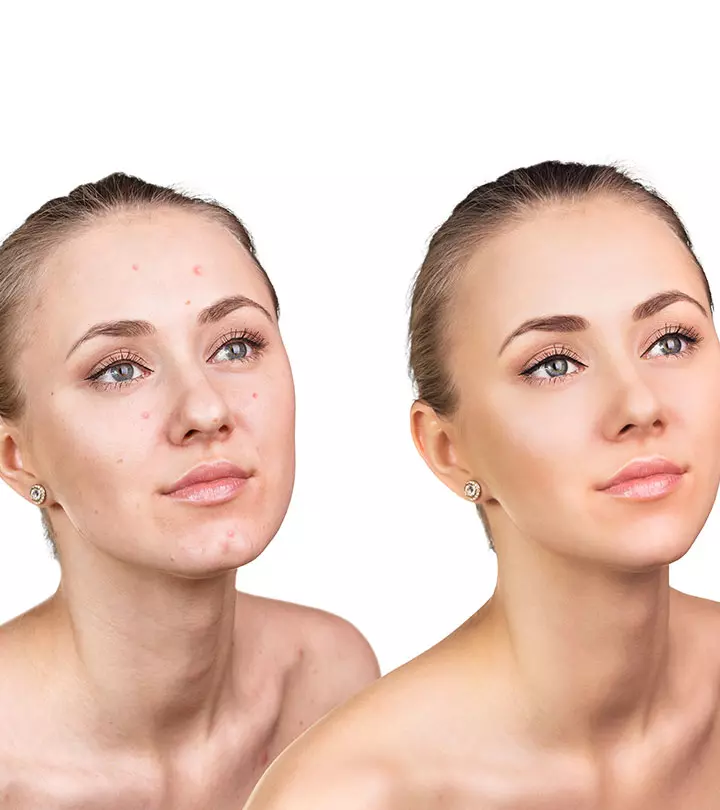
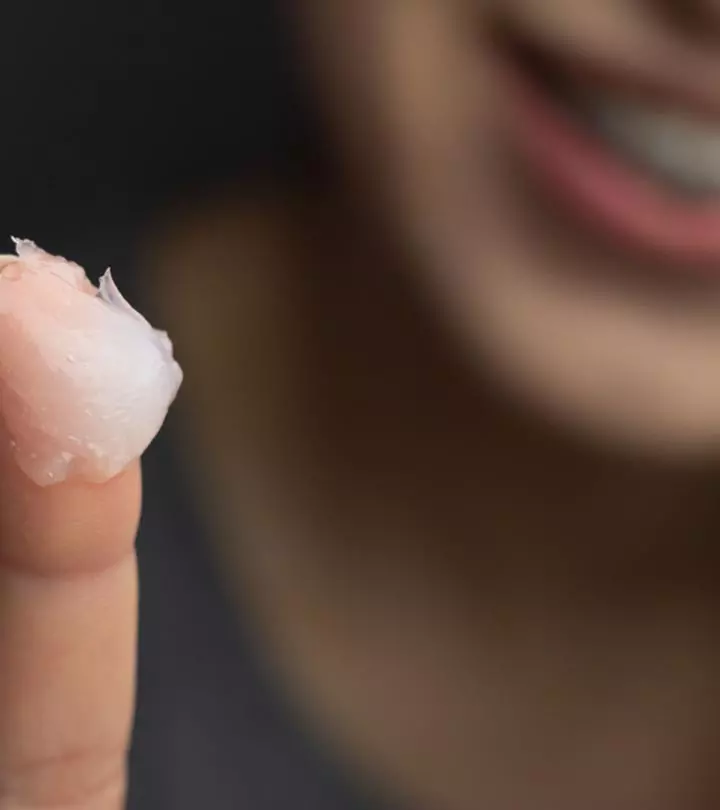
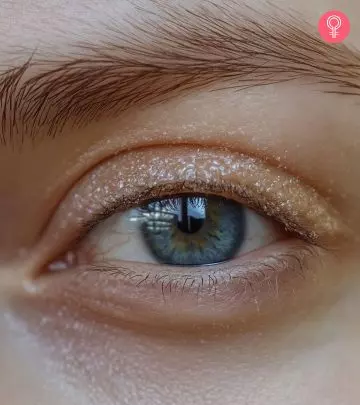
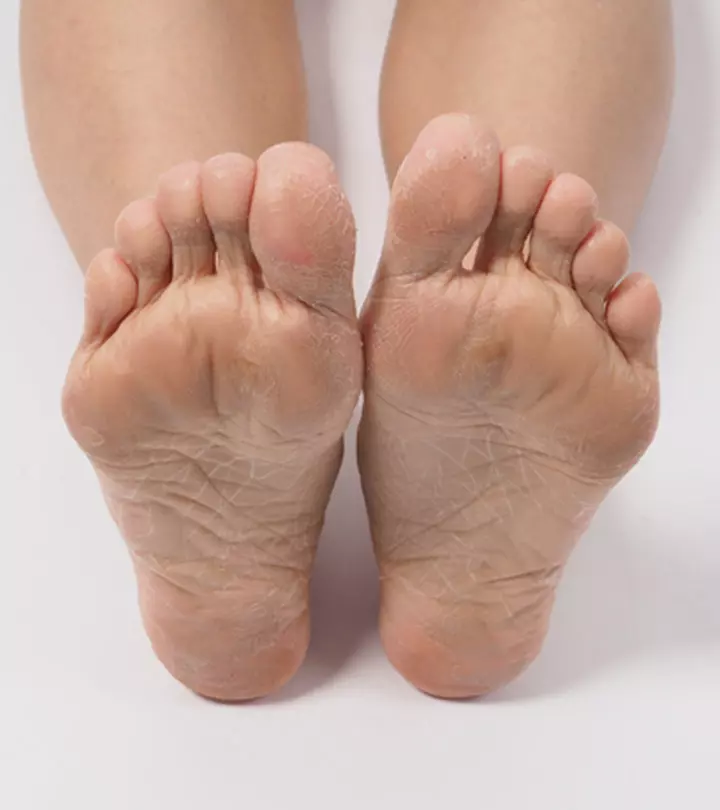
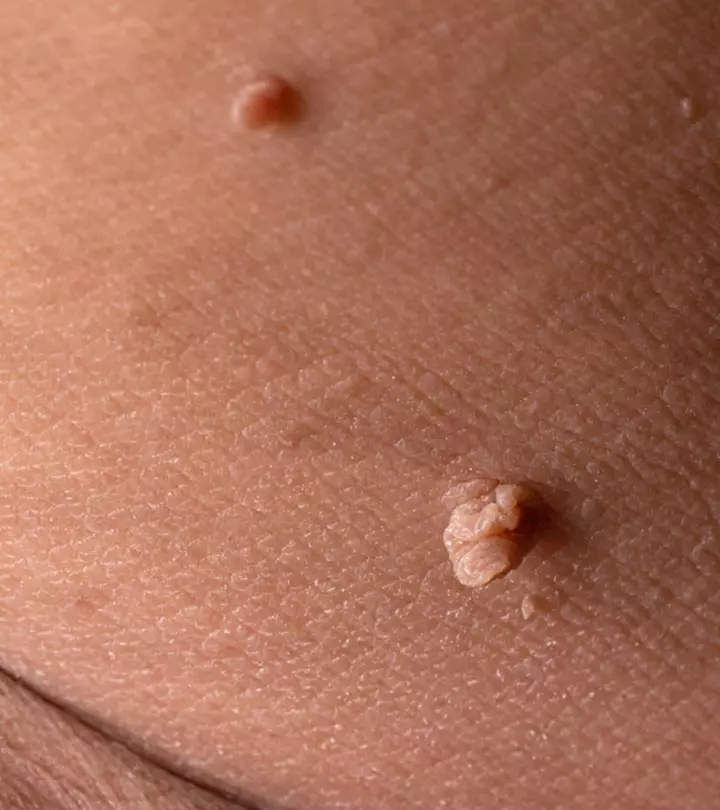
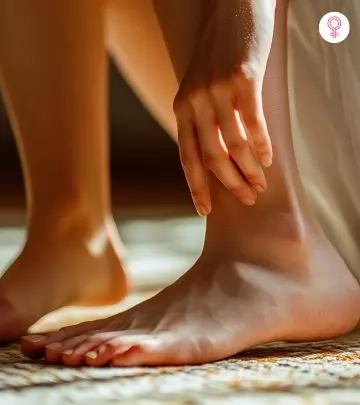

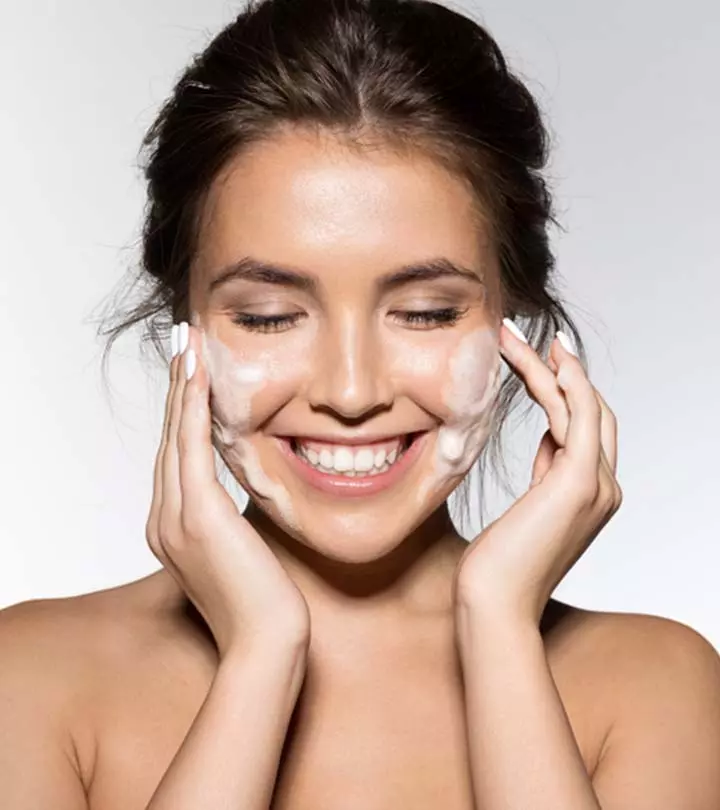


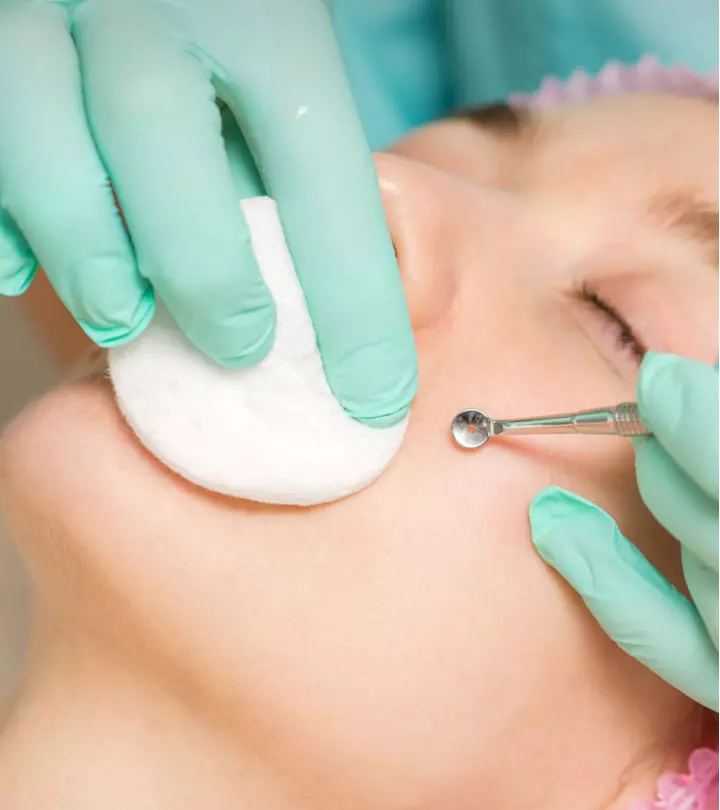
Community Experiences
Join the conversation and become a part of our empowering community! Share your stories, experiences, and insights to connect with other beauty, lifestyle, and health enthusiasts.